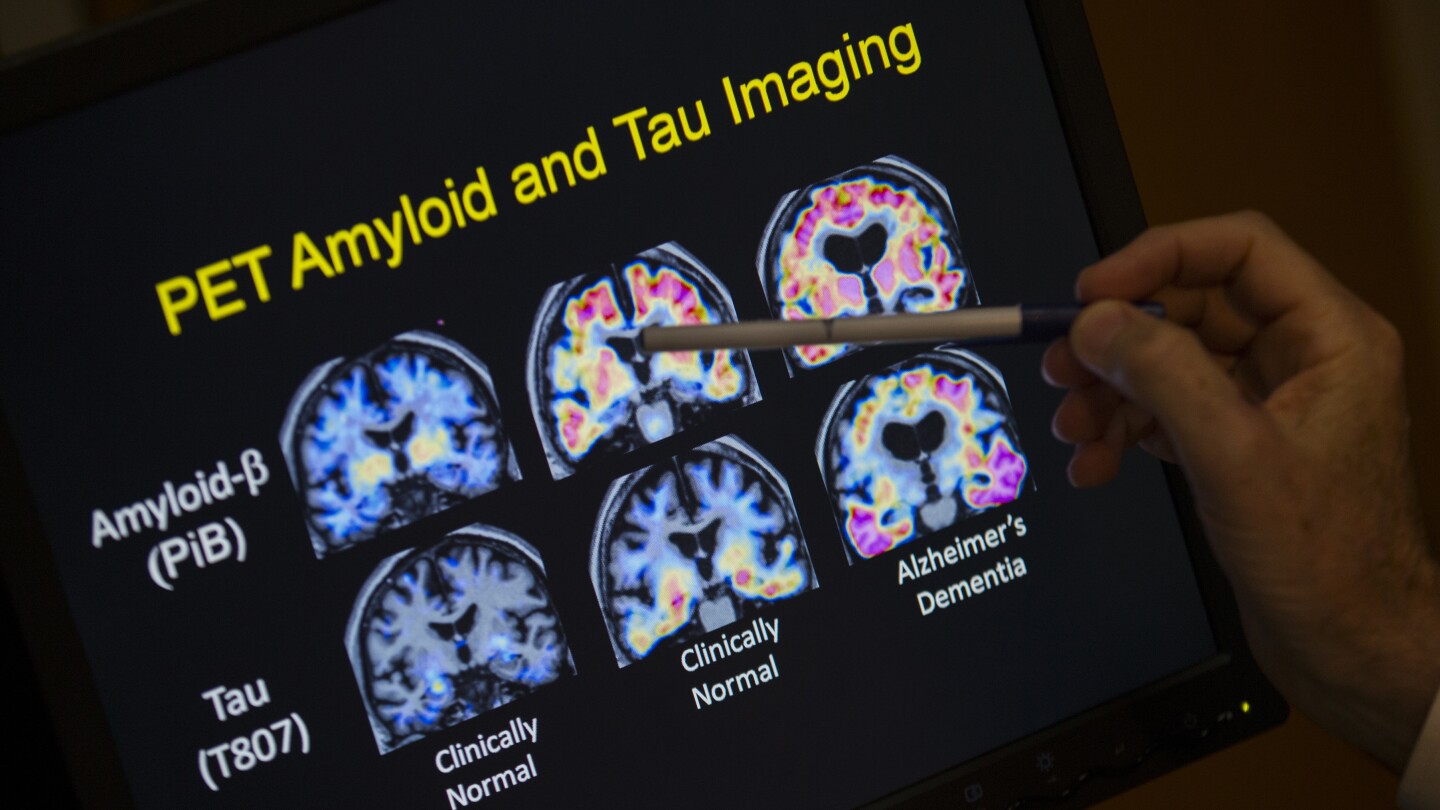In a collaboration with Corewell Health and the MSU College of Human Medicine, two brain biomarkers were found in long COVID sufferers.
GRAND RAPIDS, Mich. — A new study found two brain biomarkers in patients with long COVID, potentially discovering what causes brain fog and other cognitive issues.
“We wanted to look at individuals that had fully recovered from COVID and individuals that continued to experience persisting symptoms and see how they differed,” said Dr. Michael Lawrence, a neuropsychologist at Corewell Health and lead author. “How they differed cognitively, how they differed emotionally, how they differed in quality of day-to-day life, and then see if we could associate that to any physiologic changes based upon biomarker research.”
A challenge, Lawrence explained, is long COVID sufferers often show normal results with traditional testing, yet continue to feel cognitive symptoms. Symptoms such as brain fog, extreme fatigue and a decrease in short-term memory and attention.
“Even though cognitively, things didn’t show up as much, we did see significant differences in terms of quality of life and emotional functioning,” explained Lawrence about the study findings. “Clearly, these individuals, based upon their reported symptoms, are struggling, not only physically, but also emotionally, and it’s affecting their day-to-day functioning.”
This study, according to the authors, helps prove to the patients their symptoms are real.
“Peoples’ perception, how you perform on this neuro psych test, and then biomarkers all agree,” said Dr. Bengt Arnetz, a professor of family and preventive medicine at Michigan State University College of Human Medicine. “There’s something in the brain that indicates the brain isn’t as neuroplastic as it used to be.”
The study included 17 confirmed COVID patients, 10 with long COVID and seven who were fully recovered. It was published in PLOS One.
- Serum levels of nerve growth factor, a biomarker of the brain’s ability to change and adapt by forming new connections, were significantly lower in the long COVID group. This group was also more likely to have higher serum levels of interleukin (IL)-10, a marker of inflammation.
- While there was virtually no difference between groups related to neuropsychological test outcomes, long COVID participants did score significantly lower on letter fluency, meaning they had more difficulty with quickly and accurately accessing language centers in the brain and producing words beginning with various letters.
- The long COVID group also had significantly lower ratings than healthy controls on quality of life, physical health, emotional functioning and psychological well-being responses.
“We clearly need more research,” said Lawrence, “If this is clinically validated over time, then we could help identify, perhaps, who may struggle and who may recover quickly, so that we can wrap around support and treatment early.”






